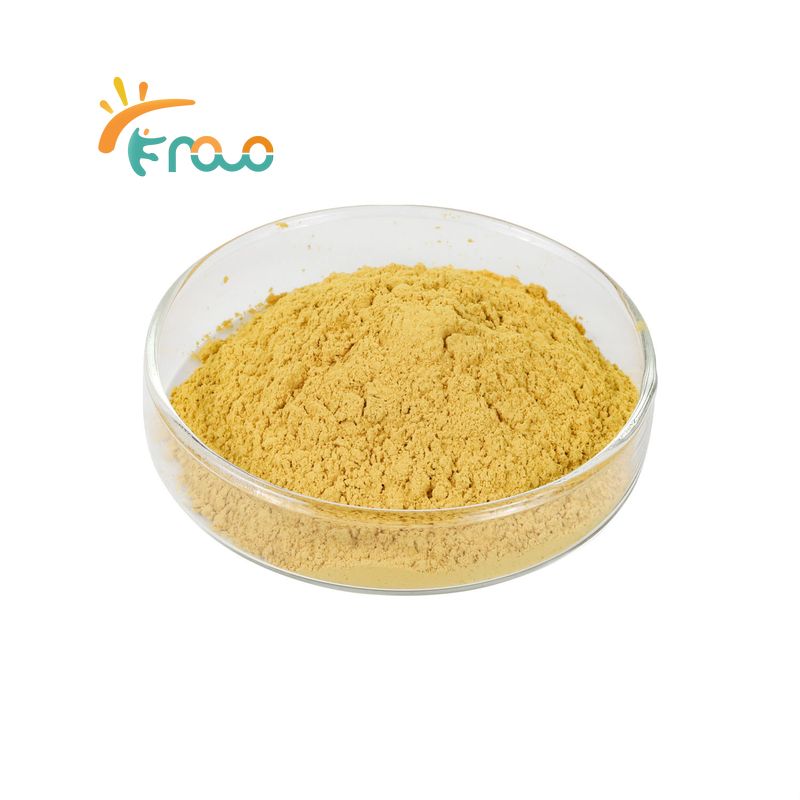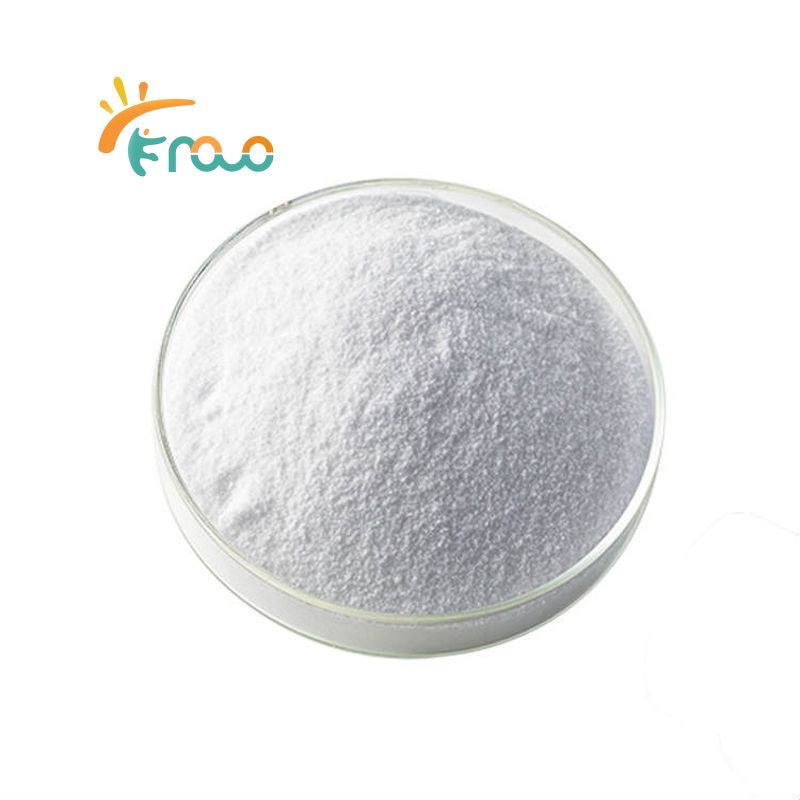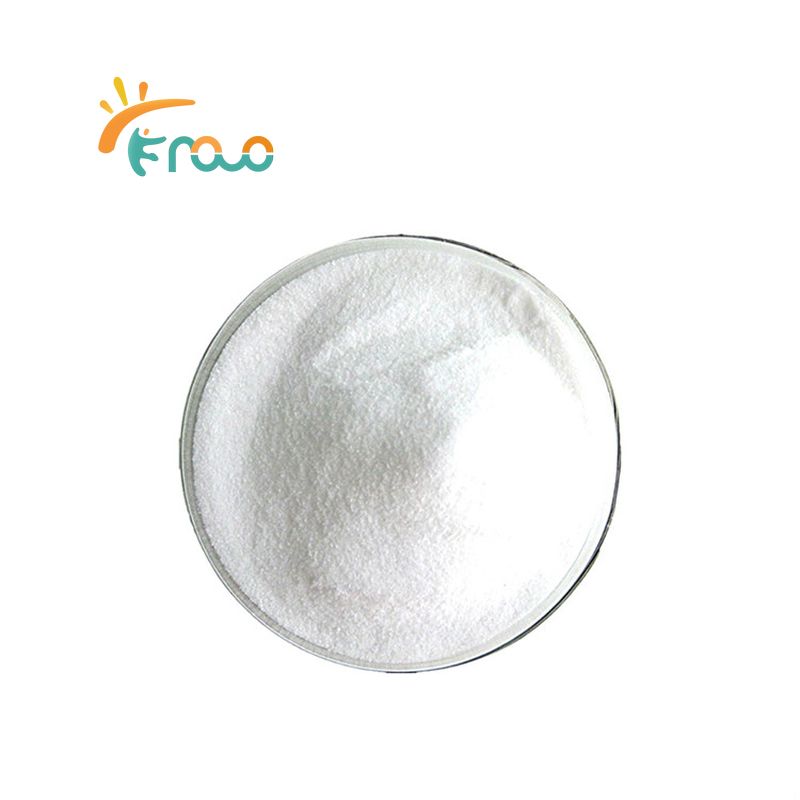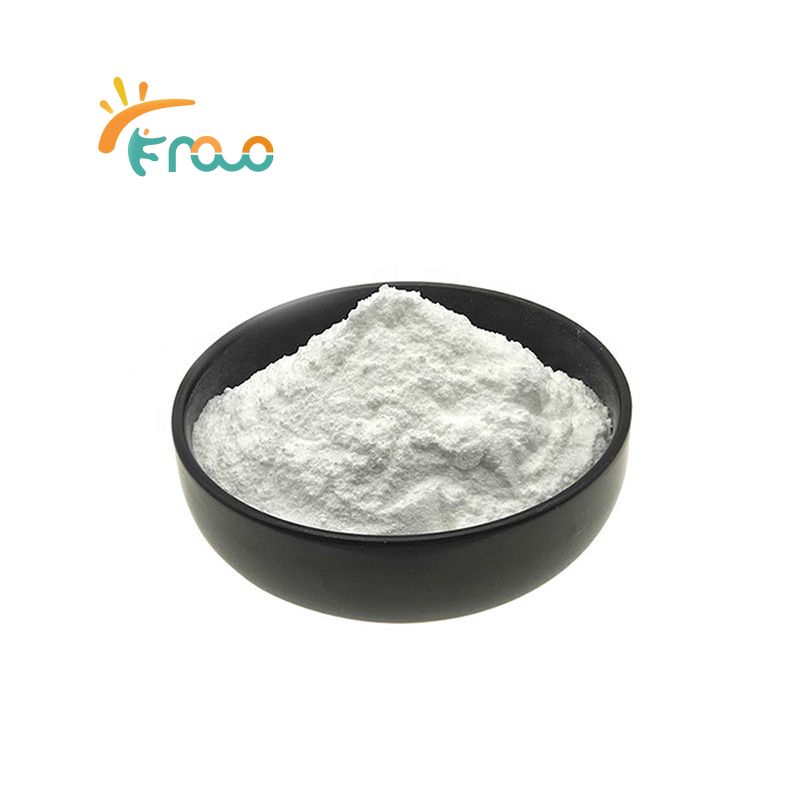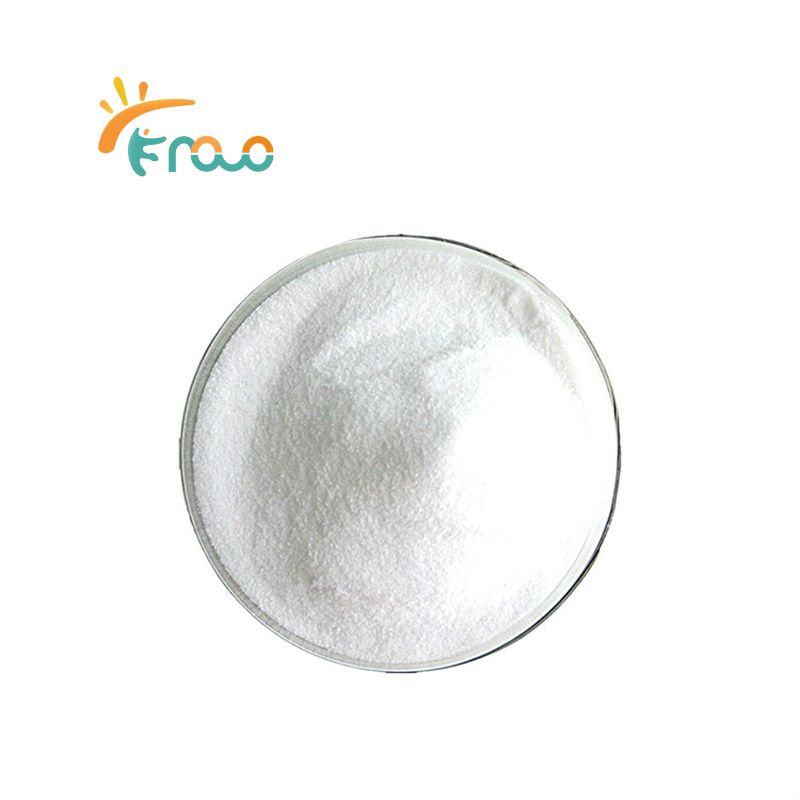Does Kojic Acid Cause Cancer
Mar 08, 2024
Kojic acid is often used in skincare products, such as creams, serums, and soaps, for its ability to inhibit the production of melanin, the pigment responsible for skin coloration. By suppressing melanin production, kojic acid can help reduce the appearance of dark spots, hyperpigmentation, and melasma, resulting in a brighter and more even complexion. While some studies have reported poten...





